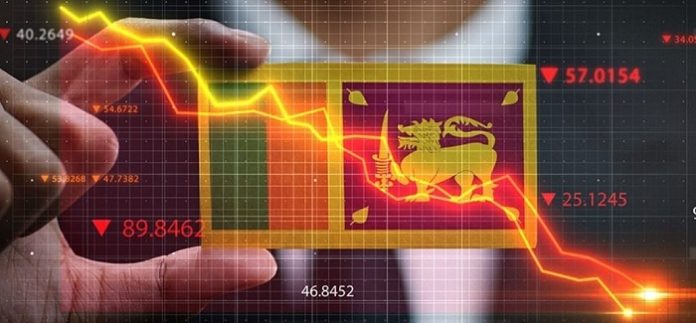Sri Lanka must not rush into dismantling tariffs and para-tariffs under the newly introduced Economic Stabilisation Act, No. 45 of 2024, until the country rebuilds “safe and sustainable” levels of foreign exchange reserves, a leading industry expert has cautioned.
Ceylon United Business Alliance (CUBA) Industry Sub-Committee Chairman and former KPMG auditor M.R. Jeffrey warned that while the Act’s goal of modernising the tariff system is commendable, any unilateral opening of the economy would be dangerously premature in the current fragile environment.
Jeffrey argued that tariff reforms should not move ahead unless regional economies adopt similar frameworks, noting that Sri Lanka cannot afford to liberalise when neighbouring countries continue to shield their industries with robust protectionist policies.
“We are still under severe forex pressure,” he said. “If we remove protective duties now, cheap imports will flood the market, the rupee will come under renewed attack, and our domestic industries which we are struggling to revive will face further collapse.”
He stressed that under WTO Article XXVIII and the Common But Differentiated Responsibilities (CBDR) principle, Sri Lanka has every right to adopt a gradual and strategic path toward liberalisation rather than emulate the accelerated timelines expected of wealthier nations.
Para-Tariff Distortions: Politically Favoured Sectors vs. Neglected Industries
Jeffrey highlighted deep historical distortions in the country’s para-tariff structures, pointing out that earlier administrations provided extraordinary protection to sectors such as tiles, aluminium, and hardware often linked to politically connected interests with para-tariffs ranging from 40% to 75%.
In sharp contrast, one of Sri Lanka’s largest domestic consumption industries the $2 billion clothing sector received only 5% to 10% protection. He cited the example of imported denim fabric, which faces a mere Rs. 200 para-tariff per metre, despite Sri Lanka having the capability to produce it competitively.
“This imbalance distorts market competition, discourages local manufacturing, and rewards import-heavy business models,” he said. “Such a system is economically indefensible.”
Jeffrey added that Sri Lanka must abandon politically motivated tariff protection and move toward a uniform, transparent, and rational tariff band, similar to the 25–35% protection range used by most developing economies.
Call for WTO-Compliant Safeguards
Rather than blindly cutting tariffs, Jeffrey urged policymakers to adopt WTO-permitted non-tariff measures including stricter quality standards, licensing frameworks, and safeguard clauses that protect domestic industries without breaching international trade commitments.
He insisted that any future tariff liberalisation must be linked to a foreign reserve threshold, ensuring that reforms do not undermine economic stability.“Economic sovereignty begins with economic stability,” he emphasised.
The CUBA Industry Sub-Committee continues to advocate for evidence-based reforms across apparel, footwear, industrial materials, and related sectors.
